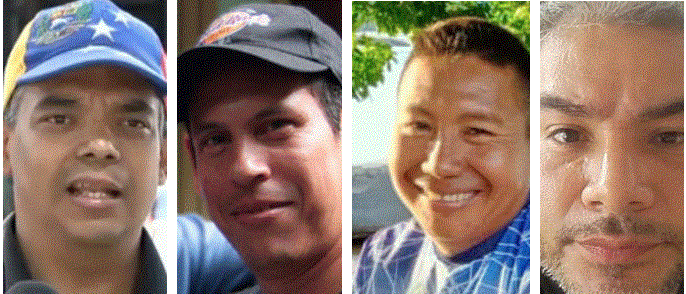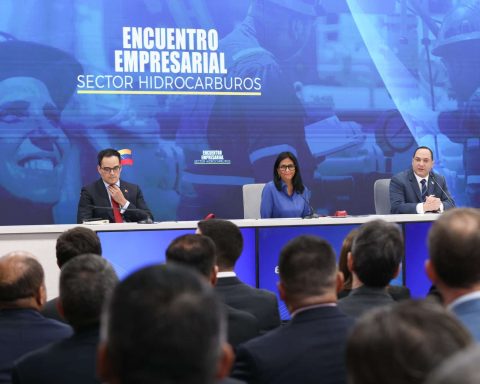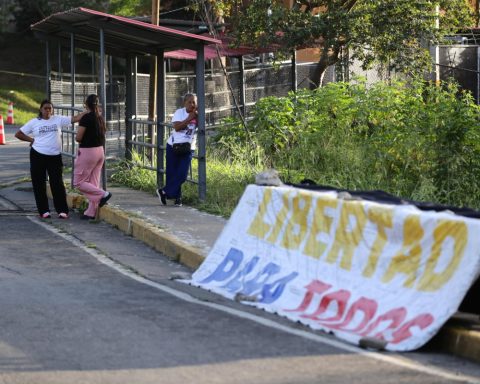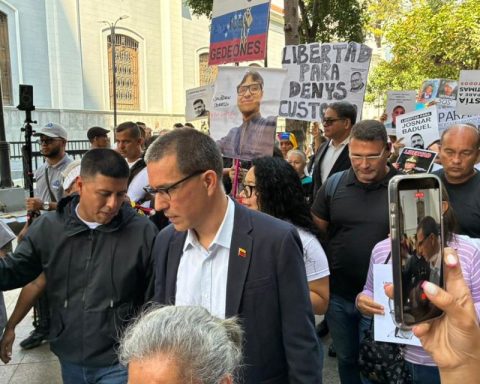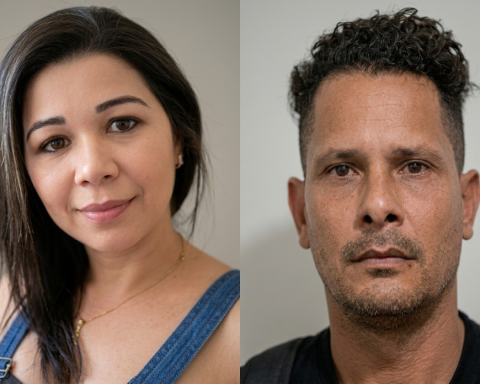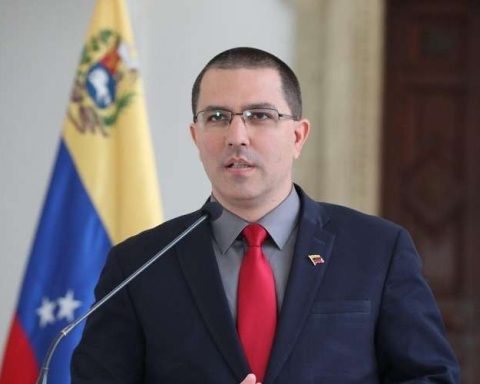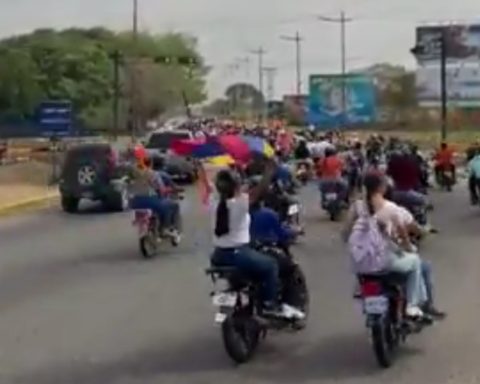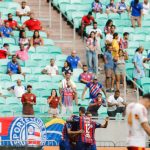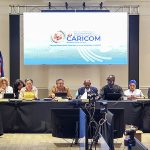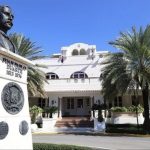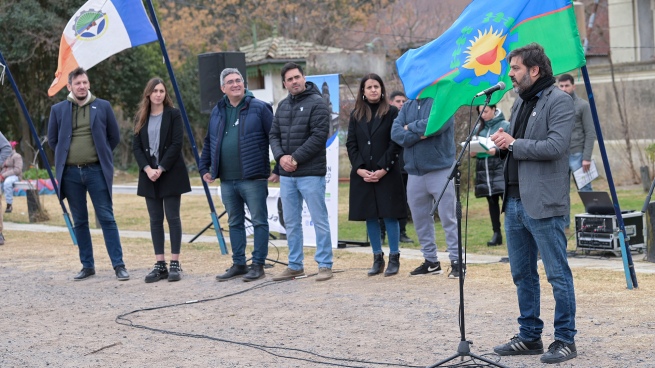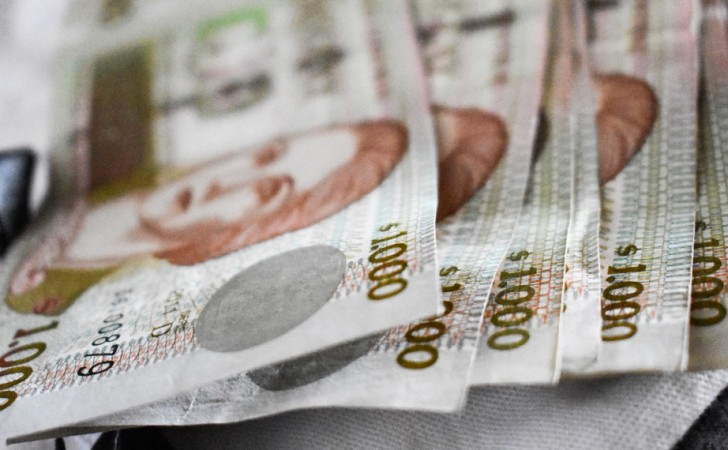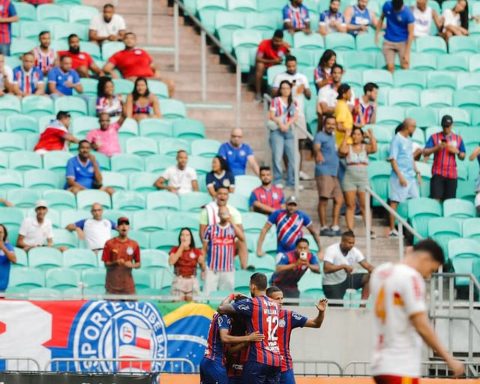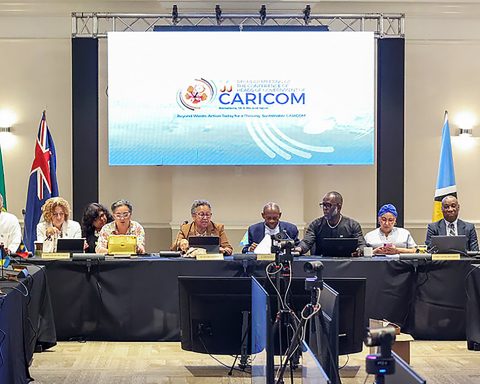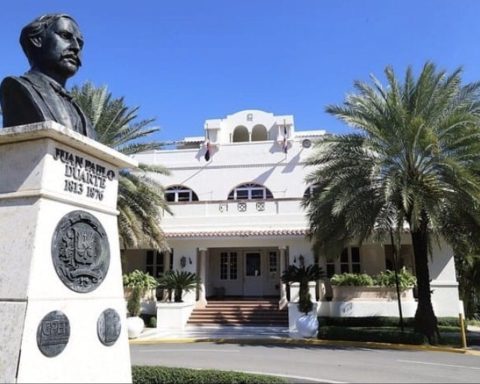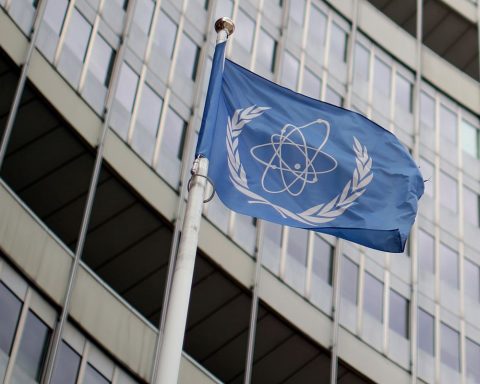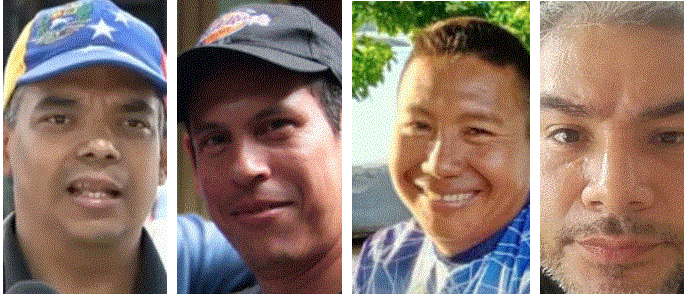
Virgilio Trujillo Arana was 38 years old. He was an indigenous activist, defender of the environment, belonging to a Hüotüja community, located in the Autana municipality, in the state of Amazonas. For some years his face had become recognizable to journalists, because he was recurrent in his complaints, despite the threats he had received. In fact, he was the coordinator of the Hüotüja Territorial Guardians, who had been reporting on the presence and activity of armed gangs and the practice of illegal mining in the area. On June 30, Trujillo Arana arrived in the city of Puerto Ayacucho aboard a vehicle. When it stopped, not only he got out but also two other passengers. They unsheathed their weapons and shot the leader in the head, who fell dead instantly.
Trujillo Arana was not just a crime: it was an exhibition. A warning to the inhabitants of the Amazonas state and to the Venezuelan nation. A brazen message that breaks out to proclaim, with grotesque brazenness, that the “silent invasion” of Venezuelan territory by the ELN, the former FARC and other armed mafias, so often denounced by the indigenous leader, will not stop. And that there is no state that protects citizens. And that whoever tries it will receive shots in the head like Trujillo Arana.
On July 5, without attending to any of the procedures ordered by law, or complying with the requirement of an order that justifies it, Alcides Bracho, artist, teacher and member of the Red Flag party, the Bolivarian Intelligence Service ─Sebin ─ raided his house and took him prisoner. They stole everything they found in the place, appliances and other belongings, including those belonging to his children. Next, officials from the same Sebin ─that is, unpunished violators of the laws─ raided the house of Emilio Negrín, a friend of Bracho but also president of the Federation of Court Workers, who was also taken into custody.
Then it was the turn of Gabriel Blanco, a humanitarian worker, according to what was narrated by the Venezuelan Human Rights Education Program ─Provea─. Blanco, who is also a member of the Alianza Sindical Independiente, was finally arrested on Thursday, July 7 at dawn by officers of the Bolivarian National Police. I read on the Cocuyo Effect portal that Alonso Meléndez, in Falcón state, and Néstor Astudillo, in Charallave, have also been arrested. In addition, the Bandera Roja party denounces the arrest of Reynaldo Cortés, in Guárico.
Based on what we have witnessed over the course of the week ending today, it is likely that the number of cases has increased, since the day I write this article ─Thursday, July 7─. Several of these recent hostages are union leaders or human rights defenders. It goes without saying, but it is my duty to insist: all these arrests were carried out in violation of the duties established in the Constitution and the laws.
This relationship ─all verifiable facts─ serves as the basis for me to return to this: the status of life in Venezuela remains in a state of extreme risk. Those who try to denounce or prevent the armed gangs that devastate the country from appropriating the spoils of the territory and its riches continue to be assassinated. Those who claim their rights or defend those of others continue to be kidnapped and disappeared. The regime of repression continues unabated, accompanied by the silence of scorpions and collaborators. There is an activism, for example, against the felling of trees or in favor of respecting traffic laws (both necessary, without a doubt), but a striking silence in relation to the regime that kidnaps and tortures.
Although its agenda is much broader, and “focuses on the latest developments related to economic, social, cultural and environmental rights, the rule of law and civic space, and the level of implementation of the corresponding recommendations previously issued by the Office of the High Commissioner for Human Rights (Acnudh)”, and that the observation period covers the year between May 1, 2021 and April 30, 2022; What the most recent report of this UN instance (June 2022) tells us is that, in substance, the repressive State, the State that violates human rights, the State that exercises violence against its citizens, and that makes possible the total defenselessness of people against criminal powers, continues to advance irremediably.
The report notes some changes that it welcomes as positive ─such as the dissolution of the FAES─. But these are nothing more than minimal drills: with the FAES gone, the Special Operations Group of the Bolivarian National Police operates with the same methods ─led by the night shift─, the same contempt for the law, the same condition of full impunity, the same operating mode that consists of robbing the victims’ homes, the same intimidation of the family, the same complicity and protection of the public authorities. The wheel that crushes the lives of people continues its impassive grinding, while the fight for life, the fight against torture, repression and the disproportionate exercise of force against defenseless citizens, continues to be the cause of a few. Unfortunately, very few.
